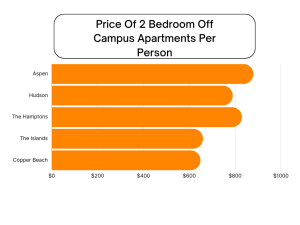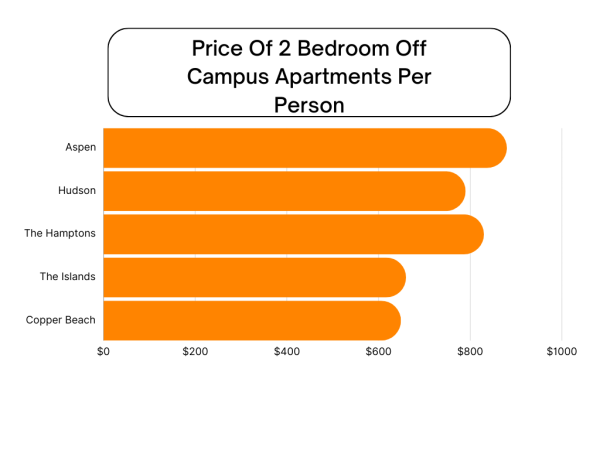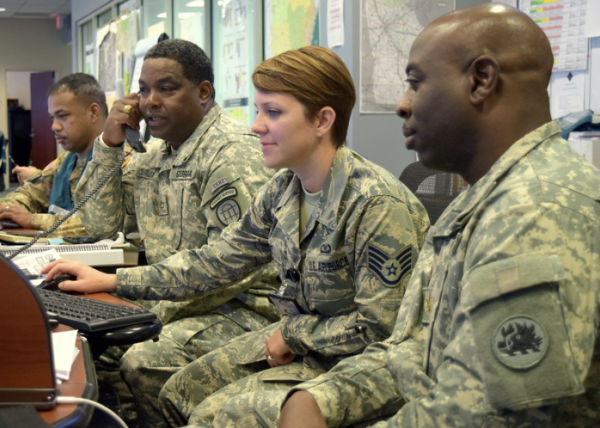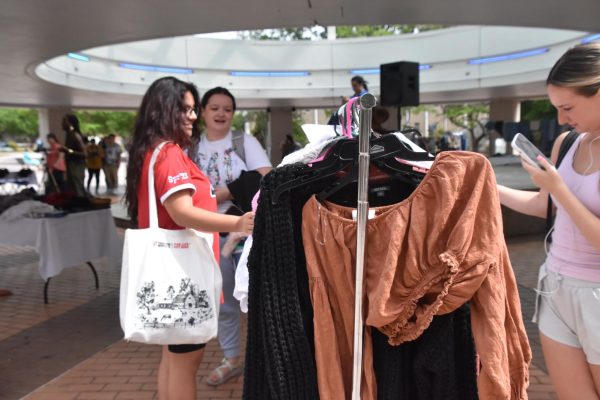MOOCs threaten GSU
March 28, 2013
Massive Open Online Classes may headline a major transformation in college education.
Massive Open Online Courses, or MOOCs, are online classes that have the capability to hold thousands of students worldwide. Faculty at Harvard University and Massachusetts Institute of Technology started the idea of content-based, non-traditional courses that are free to anyone, Jean Bartels, provost and vice president of academic affairs, said.
“The university education is on the brink of a huge revolution,” David Dudley, chair of the literature and philosophy department, said.
“We need to get out ahead of this tsunami or we’re going to swallowed up by it,” President Brooks Keel said in a faculty senate meeting.
Currently, there are no plans for MOOCs at GSU, although in the future, application of the idea into the classroom may be possible, Bartels said.
“There are some universities that are playing with the idea of whether they could translate it into actual course credit so that a student who took a MOOC and went through the certification of it might actually have something that is college credit transferable,” Bartels said.
“I haven’t seen enough MOOCs to know if they are high quality enough to be comfortable with them being transferred into credit, but that isn’t to say they aren’t capable of that,” Bartels said.
According to EducationDive.com, many online sites have created platforms for MOOCs, such as Coursera, edX and Udacity.
According to the American Council on Education website, an organization that represents colleges and universities in the United States, five MOOCs through Udacity have been analyzed and are recommended for college credit.
The potential addition of MOOCs has caused a debate that students will not receive the same comprehensive education that they do in smaller classes.
“The interaction between students and the fact that professors can learn from students is something much harder to foster in an online class,” Caren Town, literature professor and director of graduate studies, said.
Professors can still stay relevant, even with the additional use of MOOCS, because it provides leverage to more ways of learning and can accommodate whichever way a student learns best, Dr. Michael Wright, international studies professor, said.
Wright said, “Lecturing is the least efficient methodology for teaching. Teaching and lecturing are different. You can’t teach critical thinking through lecturing. Traditional universities need to learn how to teach, not lecture.”







